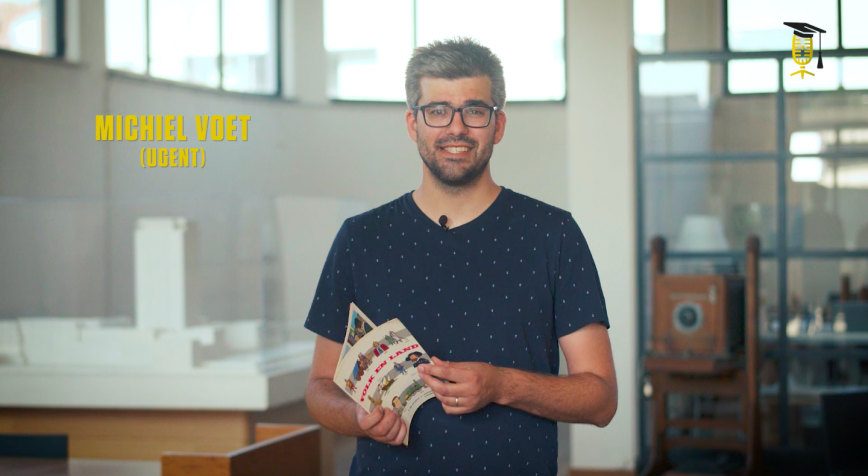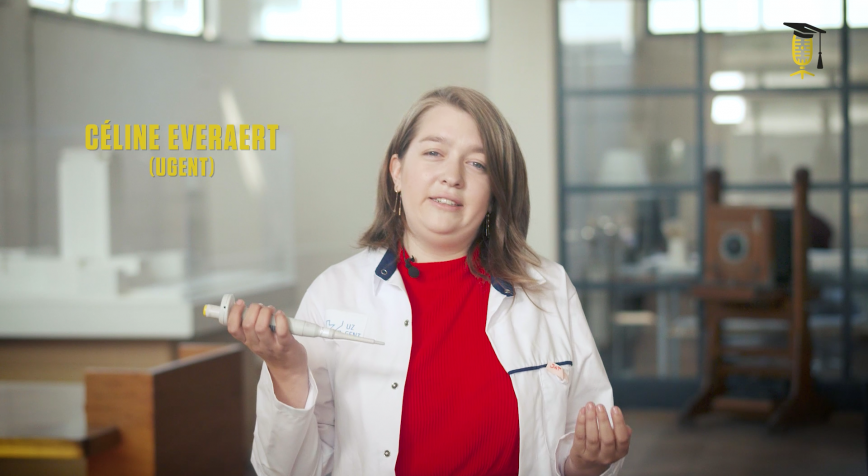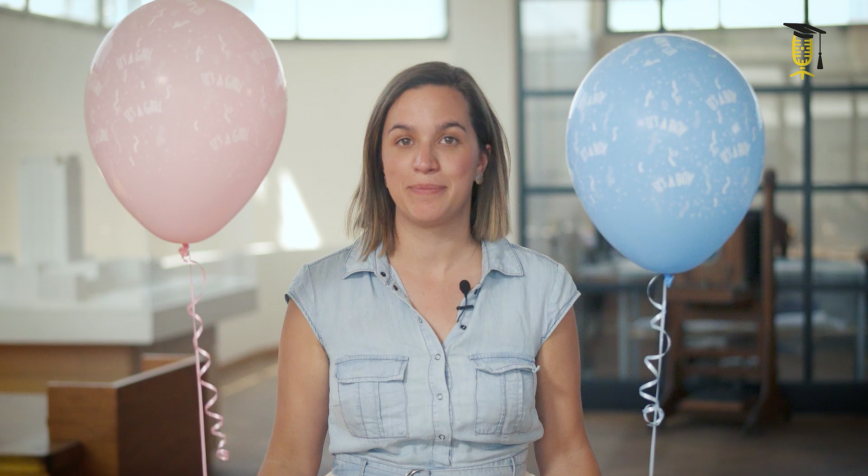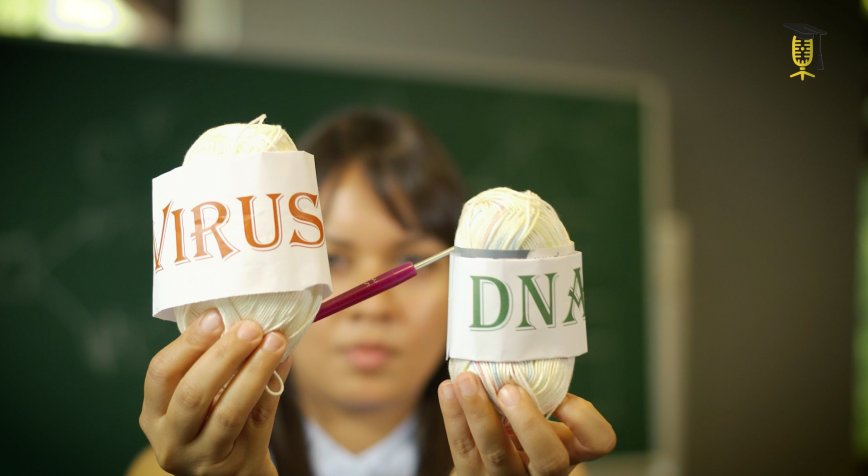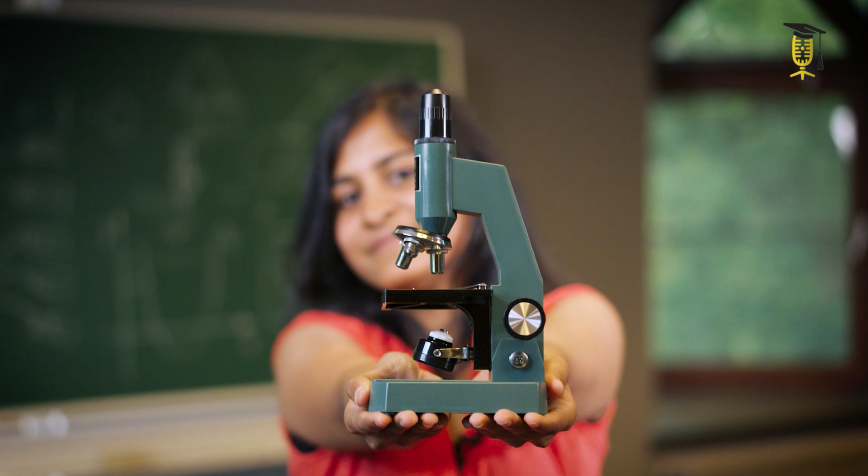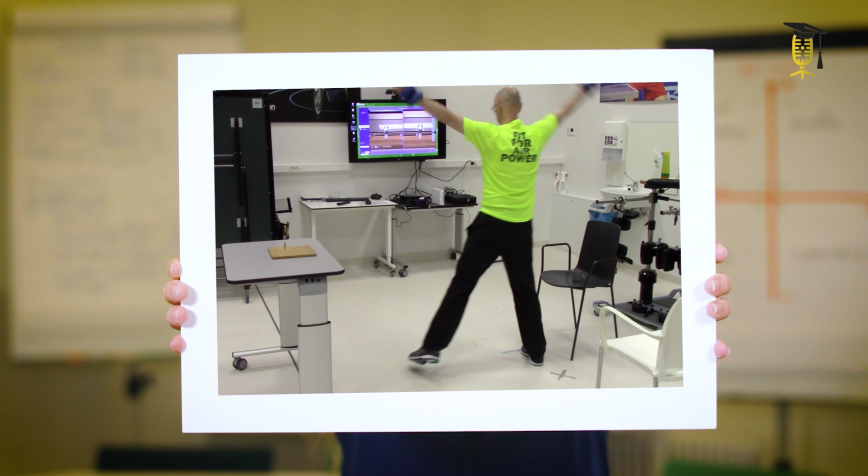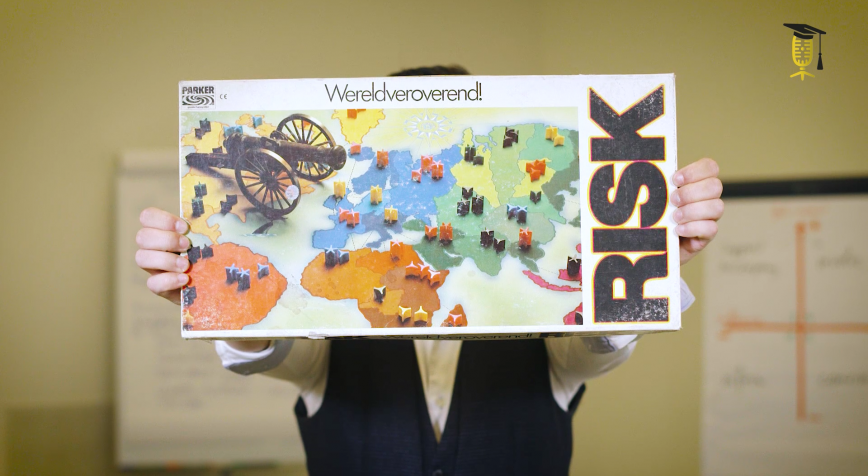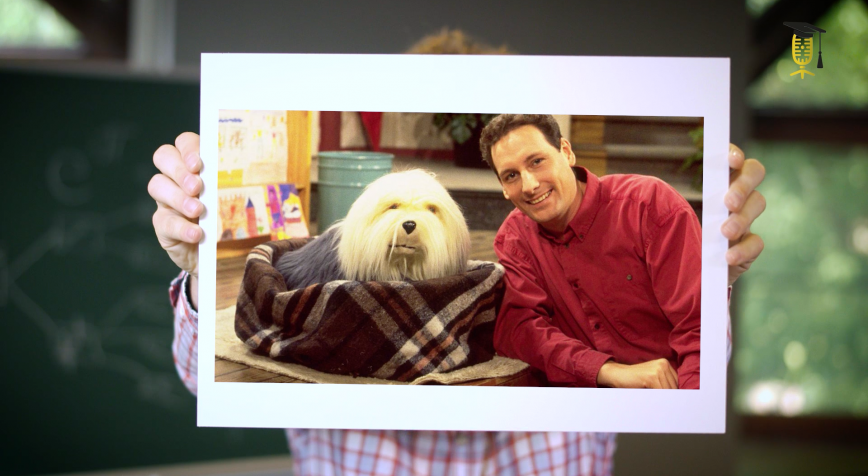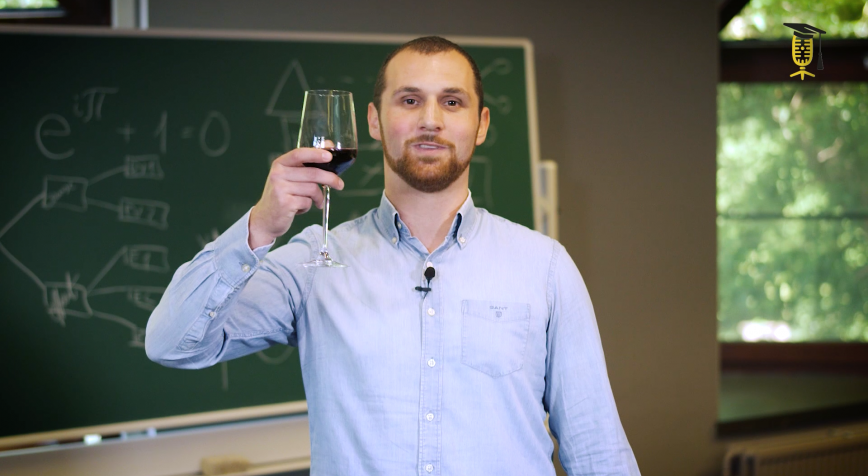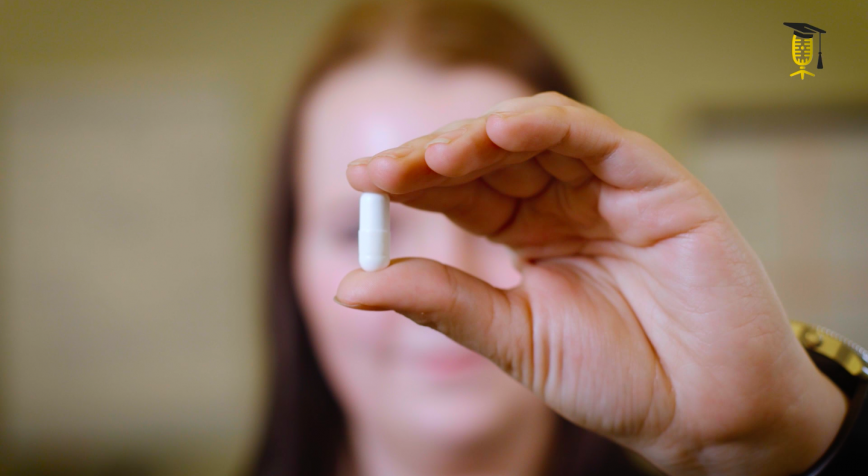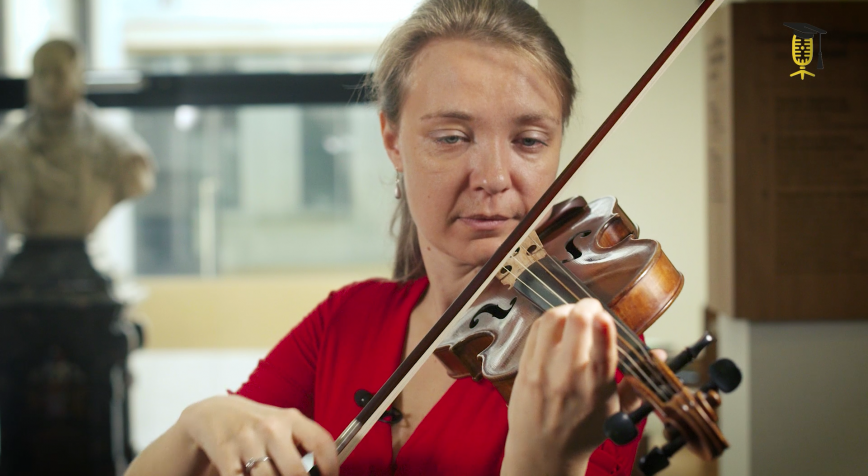
UGent
Beethoven as you never heard him before
Ann Cnop lets us to travel in time. Not by means of a real teletime machine, but thanks to a 'simple' violin and ancient scores. Through her research she makes the violin compositions of Beethoven, Brahms and Schubert sound as these musical masters themselves heard them at the time.
